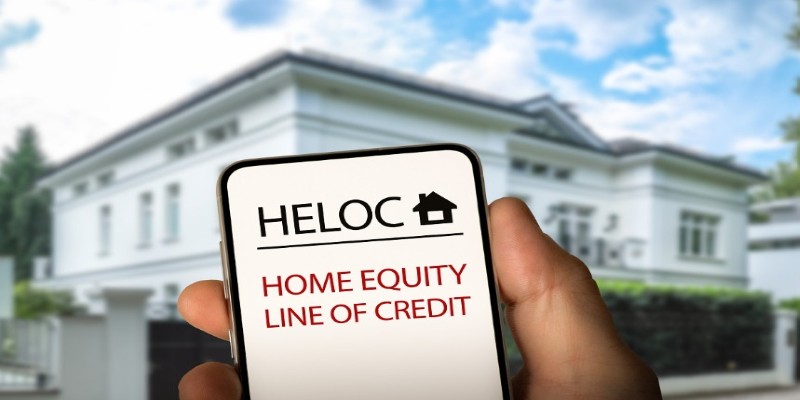You'd think selling a house means cashing out and walking away with a profit. But the truth? Selling your home comes with its own set of expenses—and some of them can sneak up on you. From agent commissions to prep work and closing fees, costs add up fast. So, how much does it really cost to sell a house? And more importantly, which expenses can you plan for, reduce, or avoid entirely? In this article, we'll lay it all out—clearly, simply, and without burying the real numbers in fine print.
The Commission Cost You Can’t Ignore
Ask any homeowner what their biggest selling cost was, and you’ll probably hear one thing: agent commission. It’s the largest slice taken from your home sale—and it’s not negotiable with most full-service agents. Standard commission in the U.S. hovers around 5% to 6% of the sale price. That means on a $400,000 home, you're looking at $20,000 to $24,000 right off the top.
This commission is usually split between the listing agent (your agent) and the buyer’s agent, which means you’re footing the bill for both sides of the deal. And while that may seem unfair, it's part of how the traditional model works. If you’re trying to reduce this cost, options like flat-fee MLS listings or discount brokerages exist—but they come with trade-offs in service and support.
For most sellers, the full commission fee may seem steep. Still, it often comes with the benefits of pricing guidance, marketing, negotiation experience, and local market insight that's hard to replicate on one's own. If you're confident and know the process inside out, you might be able to trim this cost. If not, consider it a necessary part of selling at the best possible price.
Home Prep and Repairs: The Hidden Expense
Few homes hit the market in perfect, show-ready condition. Even if your place is in decent shape, staging, small repairs, and curb appeal upgrades can make a significant difference in buyer interest—and, ultimately, the final sale price. This is one of those costs of selling a house that many underestimate until they're deep in the process.

Minor touch-ups (like fresh paint, light landscaping, or deep cleaning) might cost a few hundred dollars. More substantial work—such as replacing a roof, fixing flooring, or updating a bathroom—can cost thousands. The catch is that some of these improvements aren't optional. A pre-inspection might flag safety or structural issues that buyers will either demand fixed or use to lower their offer.
Then there's staging. Whether you DIY or hire a pro, making your house look more like a Pinterest board than a lived-in space can increase perceived value. Professionally staged homes tend to sell faster and for more money, but staging fees run anywhere from $1,000 to over $5,000, depending on your market and square footage.
Every dollar you spend here doesn’t guarantee a return. The trick is knowing where to invest: neutral paint colors, clean floors, and improved lighting often have the best cost-to-impact ratio.
Taxes, Closing Fees, and the Paper Trail Price Tag
While buyers usually cover more of the closing costs, sellers still have their share of financial duties to settle before handing over the keys. Depending on your location, one of the heftiest line items might be the transfer tax or local government fees, which can range from a few hundred dollars to thousands.
Title insurance for the buyer is another common seller expense in many states. Add to that escrow fees, attorney fees (if required in your state), and possible HOA fees if your home is in a managed community. Combined, these charges can shave 1% to 3% off your home sale price.
Some sellers also offer buyer incentives, such as covering a portion of their closing costs or including a home warranty, to sweeten the deal. While optional, these extras are sometimes necessary in a buyer's market to compete with similar listings.
And don’t forget about capital gains tax if the profit from your sale exceeds IRS exemption limits. Most homeowners don’t have to worry about it—especially if it’s a primary residence and they’ve lived there for at least two of the past five years—but if you’re selling a high-value property or an investment home, it’s worth talking to a tax advisor.
Moving Out Costs and Mortgage Payoff Surprises
Once your home is sold, the journey isn’t quite over. You still need to get out. Moving expenses range wildly depending on distance, the amount of stuff, and whether you’re hiring professionals or wrangling friends and a rental truck. On average, a local move can cost anywhere from $1,000 to $2,500; long-distance moves go well beyond that.

Then there's your existing mortgage. If you still owe money on the home, that balance will be deducted from your sale proceeds. However, here's a detail that many overlook: some mortgage companies charge a prepayment penalty or add prorated interest, which can affect your final numbers. Additionally, if your sale date falls awkwardly within a billing cycle, you may have to pay an extra month of interest that you hadn't planned for.
Last, utility and service cutoffs. While small, final bills for electricity, water, trash, internet, and similar services still need to be paid and scheduled around your closing and move-out timeline. If these details aren’t coordinated, you might end up paying for services after you’ve already left—or worse, cutting them too soon and causing issues during buyer walkthroughs.
Conclusion
Selling a home isn’t as simple as subtracting your mortgage from the sale price. Agent fees, closing costs, prep work, and moving can take 8% to 10% of the final price—often tens of thousands. It’s easy to think of it as profit, but the costs add up fast. A strong market and a great home still come with expenses. Being aware of the true costs helps you set realistic expectations, avoid surprises, and make better decisions. Selling a home is both a personal milestone and a financial transaction that requires planning.












